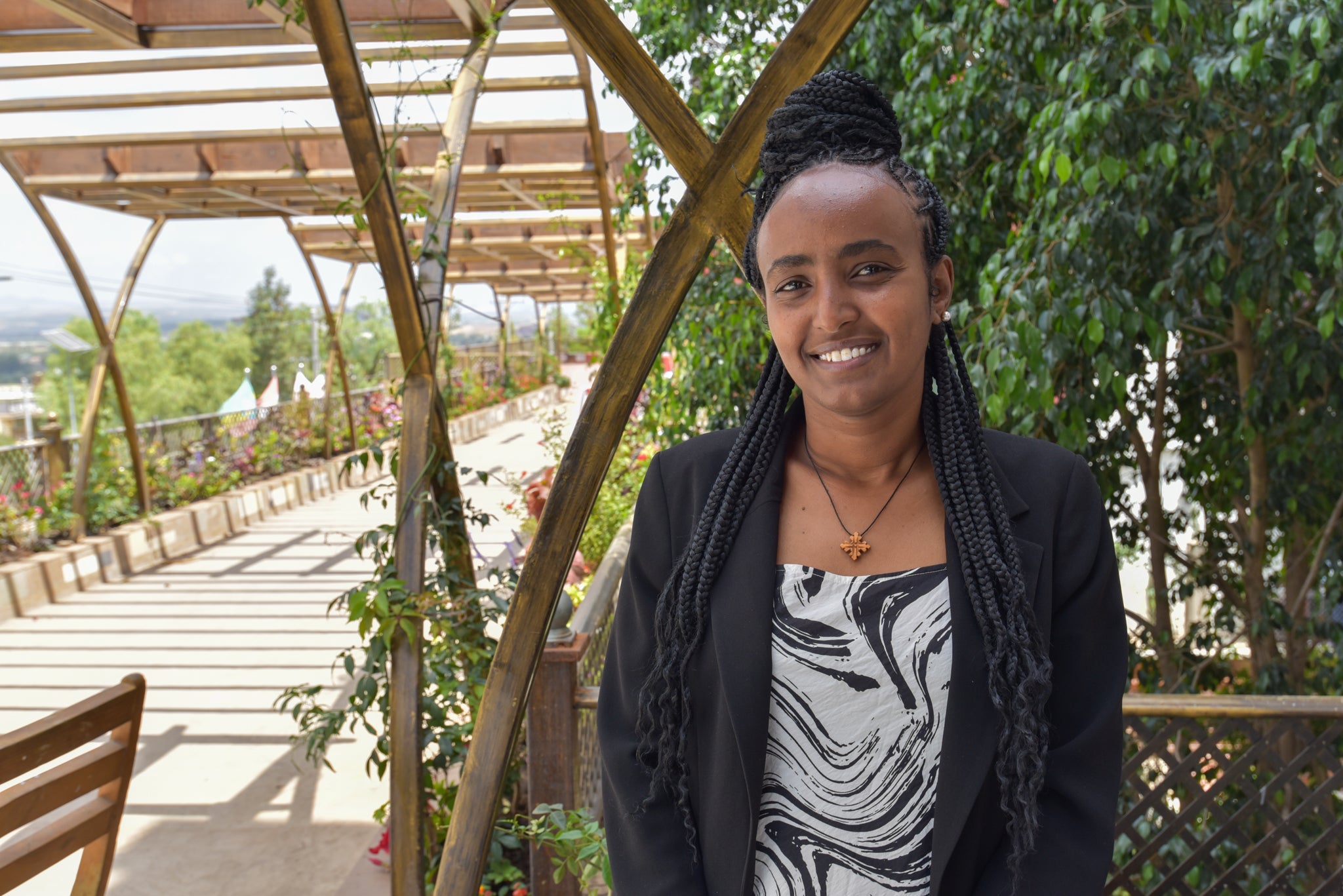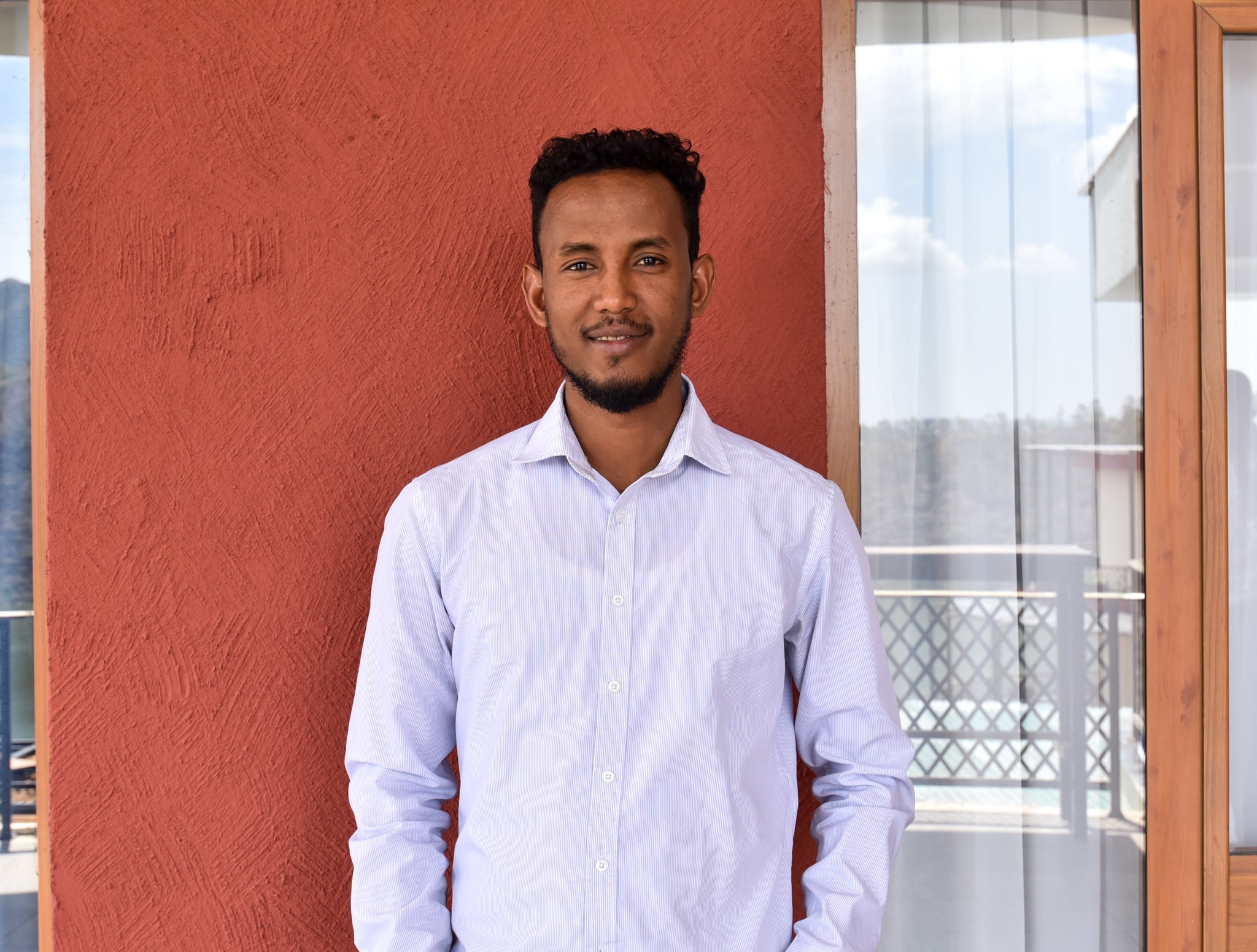Engaging the Civil Society in Developing Ethiopia’s National Action Plan on Women, Peace, and Security
Date:

Peace and security represent one of the key thematic areas of UN Women’s mandate. Based on UN Security Council Resolution 1325 and nine subsequently adopted resolutions, the Women, Peace and Security (WPS) Agenda, recognizes the gendered nature of conflict and peacebuilding. Accordingly, one of the goals of the WPS Agenda is to promote gender equality and strengthen the participation of women in all aspects of conflict prevention, peace processes, peace operations and peacebuilding through effective partnerships with Civil Society Organizations and other stakeholders.
To develop comprehensive mechanism to respond to Peace and Security needs of Women in the country, Ethiopia has started the preparation of Nation Action Plan on Women Peace and Security. To make the process of development and implementation of the NAP inclusive, the Ministry of Women and Social Affairs supported by UN Women in Ethiopia, is organizing series of consultations with Federal Ministries, CSOs, communities at grassroot level around the country to collect inputs to develop NAP on Women, Peace and Security in Ethiopia.
To this end a two-round consultation with CSOs took place from February 27–28, 2024, and February 29–March 1, 2024 with the aim of making sure all the voices from CSOs working on gender equality and women empowerment, peacebuilding, and conflict resolution, are included in the process of developing and implementing the National Action Plan on WPS in Ethiopia.
Ms. Tarikawit Fekadu, Program Director of the Ethiopian Human Rights Defender Center, expressed her appreciation for the informative consultation on WPS saying “Through the engaging group discussions, I gained a deeper understanding of addressing the unique peace and security needs of women in Ethiopia.”

Looking ahead, Ms. Tarikawit envisions the NAP as a comprehensive guideline. “The NAP linked to existing plans and strategies, encompasses the four WPS pillars: participation, conflict prevention, protection, and relief and recovery. It is poised to empower women’s active involvement in conflict prevention processes. Moreover, the NAP will play a pivotal role in post-conflict recovery, addressing violations and destructions. By rehabilitating and reintegrating women and girls into society, the NAP aims to foster renewed spirits and uphold peace.” Additionally, Ms. Fekadu believes that the NAP can guide institutional reforms, ensuring a more peaceful and harmonious future for the community.
Mr. Yibeltal Assefa, a participant is a Peace Building Senior Programme Officer for the Life and Peace Institute that supports nonviolent approaches to conflict transformation by strengthening local capacities and creating conditions for peace.
Regarding the division of responsibilities for implementing the NAP, Mr. Yibeltal emphasizes the government’s pivotal role. “As a nationwide plan, the NAP requires the government’s dedication to necessary actions, including comprehensive institutional and policy reforms. These reforms should enable women’s participation in leadership and amplify their voices. Budget allocation is another crucial aspect. Adequate funding ensures that the NAP’s action plans can be effectively carried out, benefiting women across Ethiopia.”

Additionally, the participation of CSOs also lays the ground for a more effective and comprehensive plan as civil society actors hold knowledge and ideas that can complement those of the government. “Collaborating closely with the government, CSOs are responsible to raise awareness, empower grassroots communities, and engage women-led organizations and religious institutions. Their involvement ensures that the NAP is not only implemented but also monitored for progress and results.
Women-led organizations play a big role in advocating for women’s participation throughout the NAP’s preparation and implementation phases. Their active engagement ensures representation, ownership, and unwavering commitment to achieving the plan’s goals. Lastly, the media bears responsibility for amplifying awareness. By providing extensive coverage and creating gender-sensitive content, the media contributes to a more informed public.” Mr. Yibeltal concludes.
UN Women Ethiopia in collaboration with the Ministry of Women and Social Affairs has been implementing a project “Support to National Action Plan on Women Peace Security process in Ethiopia” to strengthen the commitment and capacities of Government of Ethiopia and the rights holders in accelerating progress towards the comprehensive advancement of the Women, Peace and Security Agenda in Ethiopia through the NAP development in line with the UN Security Council Resolution 1325 on women, peace and security. The project is generously funded by the Government of Luxembourg.